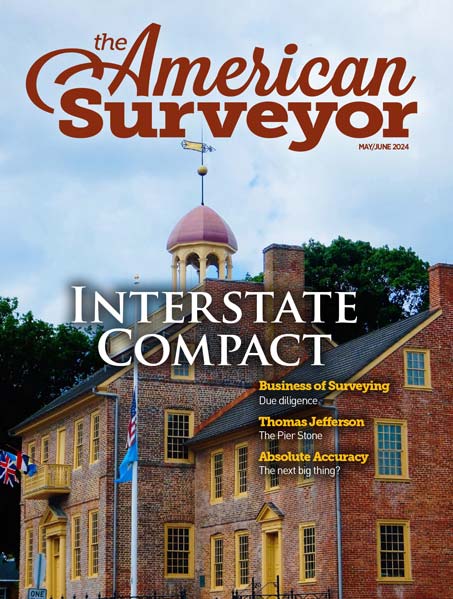Contagion now fully affecting emerging nations. Findings show US commercial real estate market is depressed across all sectors
New York – March 4 2009 – The Royal Institution of Chartered Surveyors (RICS), the world’s largest organization for professionals in property, land, construction and related environmental issues, today released its highly regarded RICS Global Commercial Property Survey for the fourth quarter of 2008. The survey, which is a strong lead indicator for property market trends, measures the sentiment of executive-level commercial property professionals from eight regions around the globe.
This latest report illustrates that Commercial real estate values are now declining in every region across the globe. In Q3 of 2008, the developed emerging countries saw modest increases in capital values, this has now given way to sharp decreases, with the developed world experiencing even stronger declines:
• The previously strong performing UAE (United Arab Emirates) saw capital values plummet with the net balance of member responses shifting from a positive 65% to a negative 83%.
• In Russia worries over macro stability has seen reduced investment and lower capital values.
• Latin America, until now relatively resilient has seen prices fall across all sectors, with the rental market proving the exception to the rule.
• In Emerging Europe and Emerging Asia investment demand for commercial real estate shows itself to be particularly weak.
• Rental expectations generally have turned decisively downwards with North America and Developed Asia generating the most negative results closely followed by Emerging Europe and Emerging Asia, due to worldwide declines in tenant demand.
• Yields/cap rates are expected to rise further in all parts of the globe with the exception of Emerging Asia where the collapse in rents proves more decisive.
In the US, the fragile financial system, lack of liquidity and worsening economic climate has fuelled already difficult property conditions:
• Tenant demand has fallen sharply and is expected to weaken further over the coming months (chart 4), with evidence of this trend being reflected in a further rise in inducements (chart 6) and space availability (chart 5)
• Alongside this, investor interest in commercial real estate has fallen sharply (chart 7)
as shown by the decline in the number of investor bidders per property (chart 8)
• Capital values have sharply decreased and are expected to fall further (chart 1)
• Property yields/cap rates are expected to rise further (chart 2)
• Surveyors are almost uniform in anticipating further declines in rents (chart 3)
“The effects of the global economic downturn are clearly illustrated by the impact it is having on Commercial Property markets around the globe, with all sectors, retail, industrial and office experiencing tremendous difficulties. No geographic area has escaped the wrath of the recession and the current sentiment suggests that worse is yet to come” said Simon Rubinsohn, RICS Chief Economist.
Matt Bruck, RICS Americas Managing Director, concurred with Rubinsohn’s comments, noting that "the across-the-board problems in the U. S. market underscore the severity of the situation and demonstrate that, in a global economy, no one is immune from such challenges. We are now moving into unchartered waters."
About the Global Property Commercial Survey
RICS’ Global Commercial Property Survey is a quarterly guide to the developing trends in the commercial property investment and occupier market. This edition details market conditions for the fourth quarter of 2008 based on information collected from leading international real estate organisations and local firms. This survey of the UK Commercial Market was conducted in conjunction with YouGov, a leading online Research company. 427 surveyor offices responded to the questionnaire conducted between 19/12/2009 and 14/02/2009. This survey was run in accordance with MRS guidelines. YouGov have been appointed to conduct the majority of RICS surveys from December 2008.
Methodology
Survey questionnaires were sent to real estate organisations in December 2008, with responses received up until 14th February 2009. Respondents were asked to compare conditions over the latest three months with the previous three months. A total of 427 responses were received. Responses have been amalgamated across the three real estate sub-sectors of offices, retail and industrial property at a city level, to form diffusion indices for the commercial market as a whole. The eight world regional groupings have been derived through the weighting of city level diffusion data using city population and country gross domestic product statistics.
About RICS & RICS Americas
RICS (Royal Institution of Chartered Surveyors), with headquarters in London, is the leading organization of its kind in the world for professionals in property, land, construction and related environmental issues. We help set, maintain and regulate standards and provide impartial advice to governments and policymakers. RICS has over 100,000 qualified members who operate across 17 disciplines in more than 146 countries, supported by an extensive network of regional offices around the globe. www.rics.org. To ensure that our members are able to provide the quality of advice and level of integrity required by the market, RICS credentials – AssocRICS, MRICS and FRICS – are only awarded to individuals who meet the most rigorous requirements for both education and experience, and who are prepared to maintain the highest standards of business practice and ethics in support of public interest. RICS Americas, based in New York and covering North, Central and South America and the Caribbean, has over 3,000 members in commercial and residential development, construction management, brokerage, planning and finance, valuation and fine arts appraisal. Staff supports these members from New York, Toronto and Chicago. For further information visit www.ricsamericas.org or e-mail ricsamericas@rics.org.
